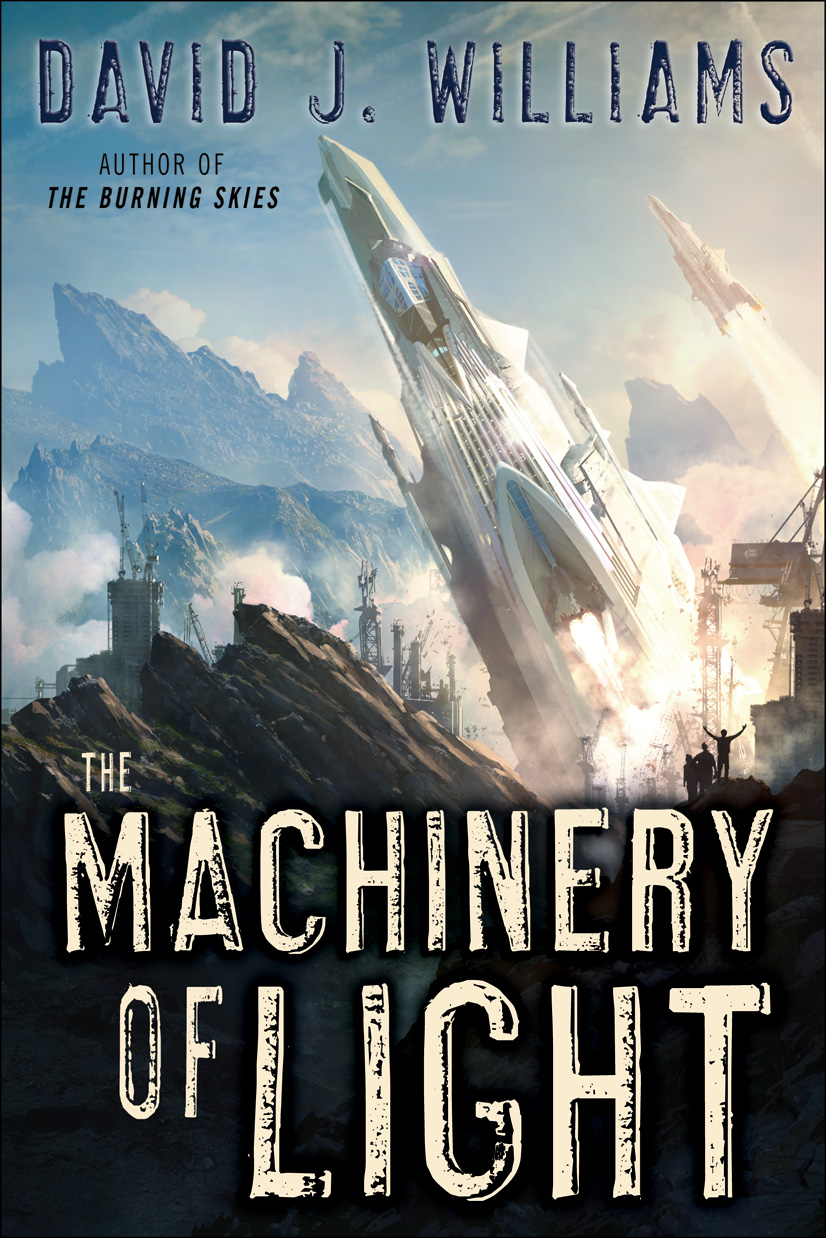If it’s a viral meme, count me in. Besides, it’s not like I need an excuse to talk about my favorite books. In no particular order:
1. American Tabloid, by James Ellroy. Ellroy’s foray into political conspiracies continued through two more books (Cold Six Thousand and Blood’s a Rover) but this is the standout: a whole new way to view the Secret History swirling around JFK in the early 1960s. I make a point of re-reading AT every year, and it only seems to get better each time.
2. Thucydides, the Peloponnesian War. The genius who invented the whole idea that history could be objective. . even though he was one of the combatants in the war he was chronicling. I recommend the illustrated version, which has a map on every single page. This isn’t one of those books where you can just put some maps at the beginning, and turn back to them to find the name of that damn town that’s somewhere on this isthmus . . . or maybe over here. . ah fuck it.
3. V for Vendetta, Alan Moore. Superheroes have never really done that much for me, which I suspect is one reason why I regard V rather than Watchmen as Moore’s masterpiece. Btw, have you ever noticed how both graphic novels have a character achieving an epiphany through hallucinogenics?
4. Robert Anton Wilson and Robert Shea, The Illuminatus Trilogy. Okay, technically that’s three books, but they’re published as one volume, so there. Crowley, giant yellow submarines, Cthulu, talking dolphins and the hint that this is more of a gateway than a book: Wilson and Shea put themselves on the map for good with this one.
5. Frank Herbert, Dune Messiah. I may be the only person out there who thinks this is better than Dune (though before you send me hate-mail, I’m obsessed with them both). Only a portion of the length of its predecessor, the second book focuses on a single problem: how do you conspire against a being that can see the future? Messiah also includes the best single quote in SF: “This whole thing is explosive. It’s ready to shatter. When it goes, it will send bits of itself out through the centuries. Don’t you see this?”
6. John LeCarre, Tinker Tailor Soldier Spy. Another book focused on a specific problem: how do you find a double-agent when that double-agent works in your own counterintelligence department, and by definition will be aware of any investigation? The climax is all dialogue and all the more devastating for it. My agent actually pitched my work to Bantam as “LeCarre on sci-fi crack”; hype, sure, but hey, that’s what you have an agent for. But I guess it’s fitting, as I probably read more LeCarre than I did science fiction while I was working on the first Autumn Rain novel.
7. Edward Gibbon, the Decline and Fall of the Roman Empire. What I love about Gibbon is that he just doesn’t stop; he kept his history going all the way up to 1453, when the Turks overran Constantinople–three volumes across a few thousand pages, and not once does his style falter. Virginia Woolf called his sentences “finely crafted jewels”; they just don’t make ‘em like this anymore.
8. Robert Anton Wilson, Cosmic Trigger. Here Wilson throws off the fiction guise and talks directly and dispassionately about what’s really going on, politically and metaphysically. Best line: “study enough conspiracy theory and you ultimately become either paranoid or agnostic. I became agnostic.” It’s also fascinating for what it tells us of the man’s own life story; not your typical entry into the counterculture, that’s for sure.
9. Jared Diamond, Guns, Germs and Steel. The third history book I’ve listed, but if you only read one, read this one. For me, this was a whole new way of looking at history. Did you know it all depends on how many types of domesticated animals your civilization has? Me neither.
10. Isaac Asimov, Foundation and Empire. The great thing about Asimov is that he didn’t dumb his stuff down; instead he pulls the audience up to his level. And I guess FAE would have to be my favorite; not only do we have the dapper wonderkind general Bel Riose, but the novella involving the (first) search for the Mule has an ending that blew my eighth-grade mind, and still does today.






